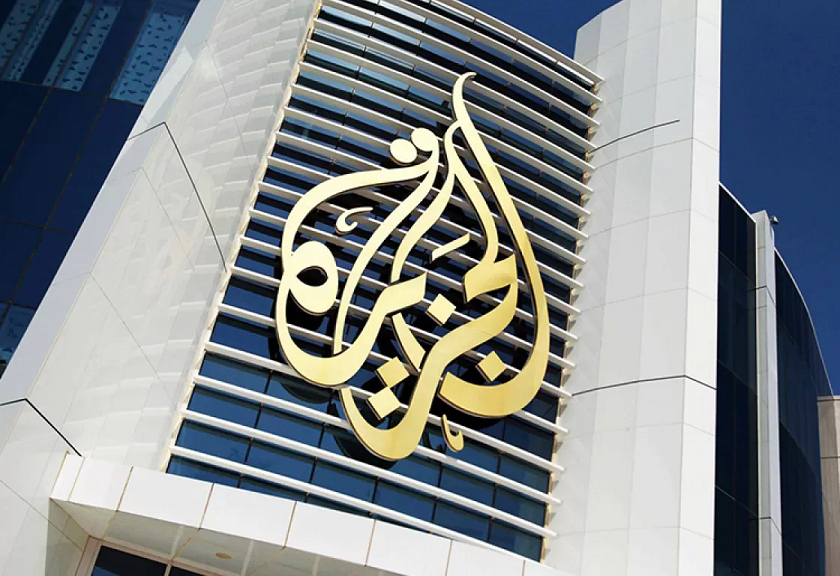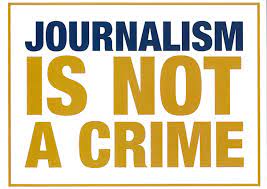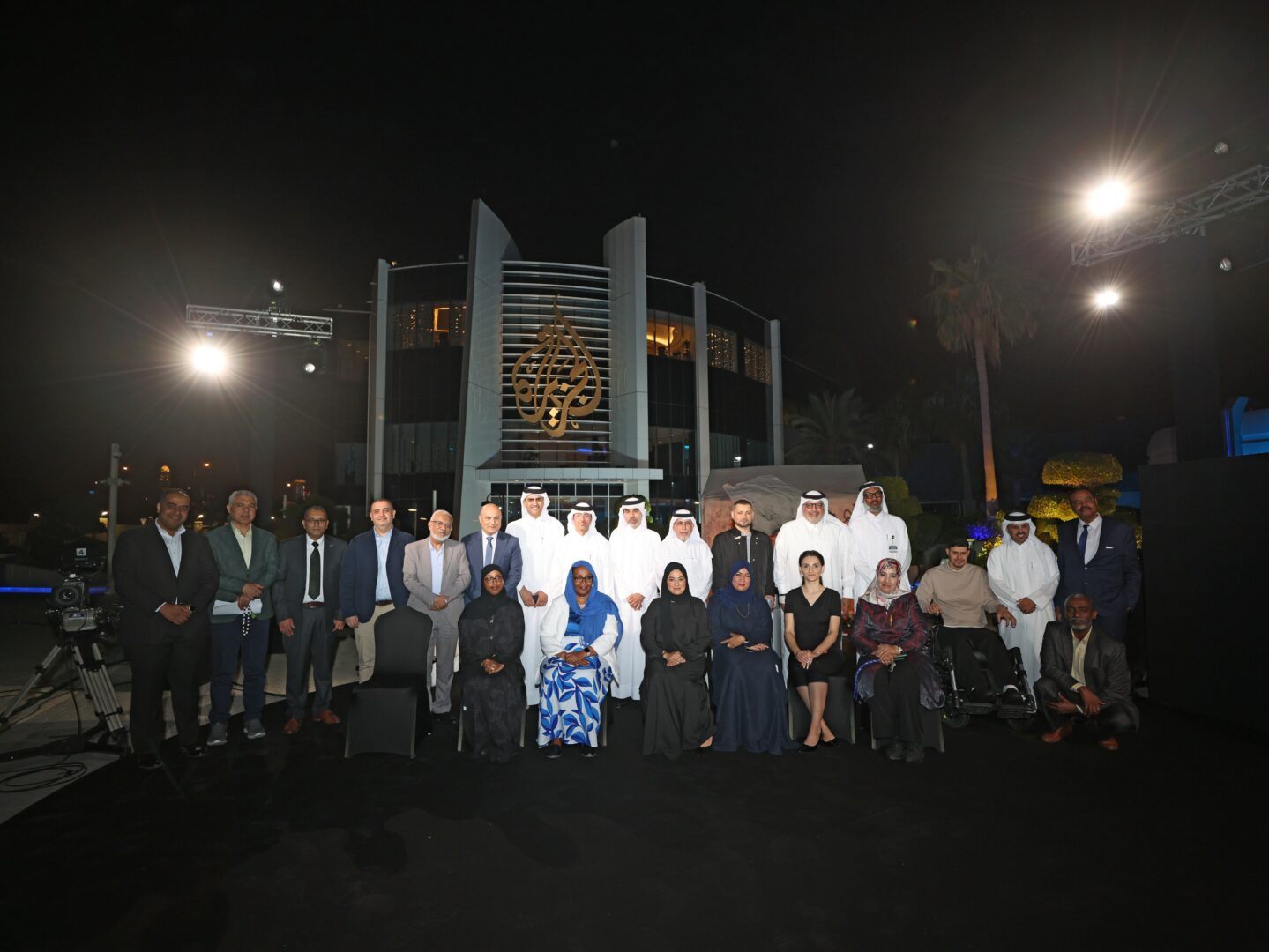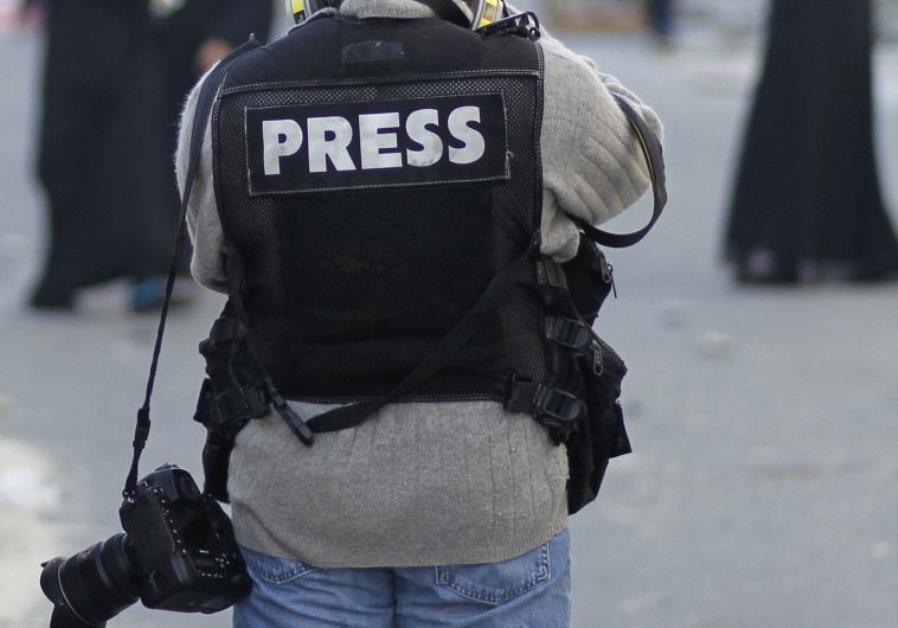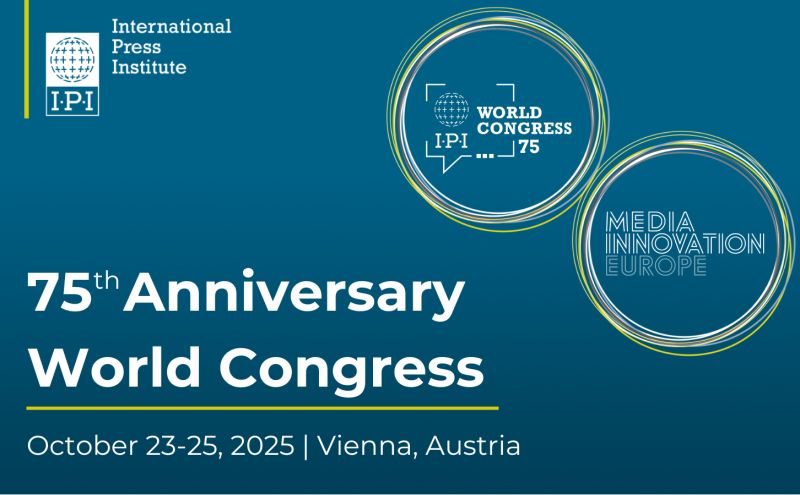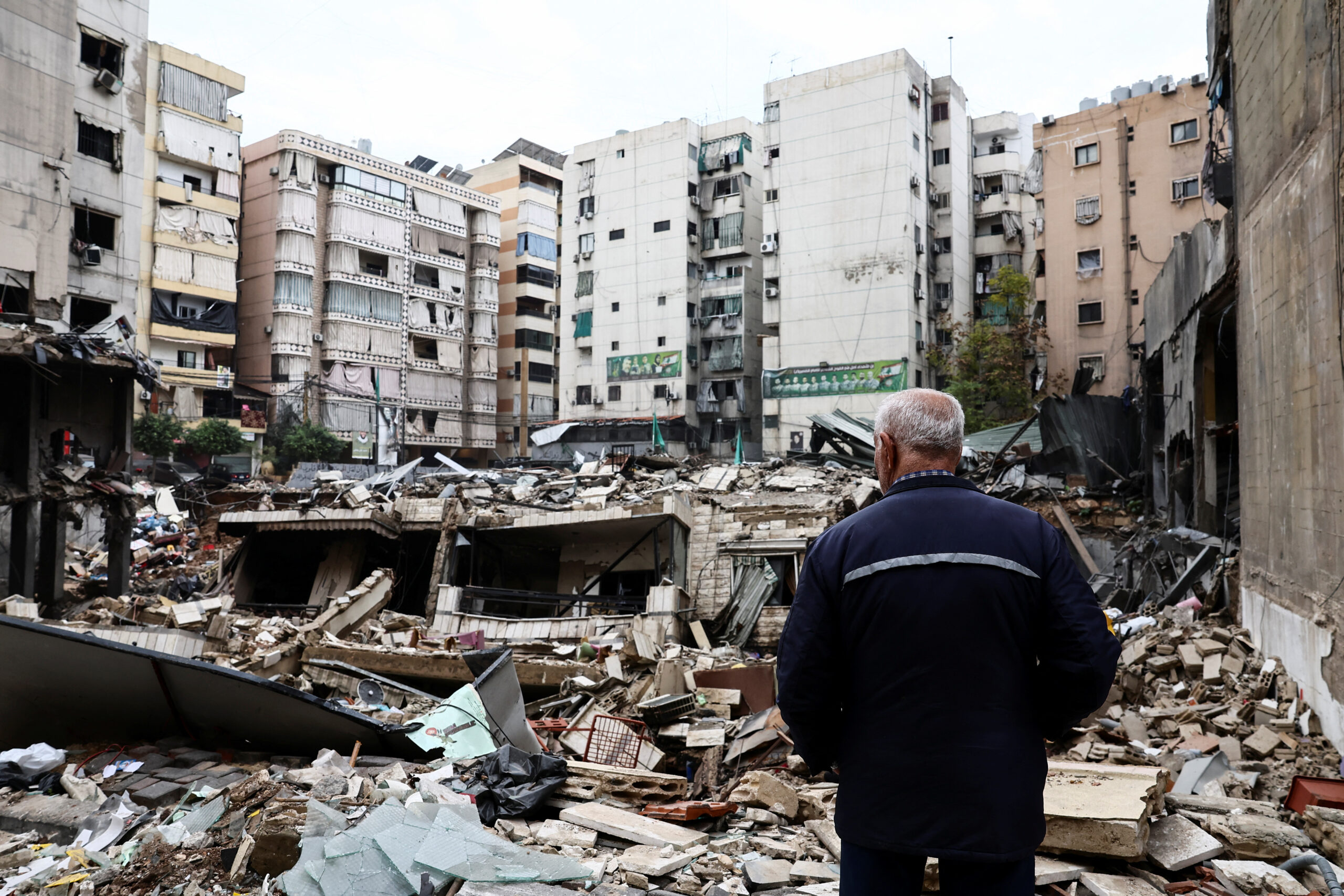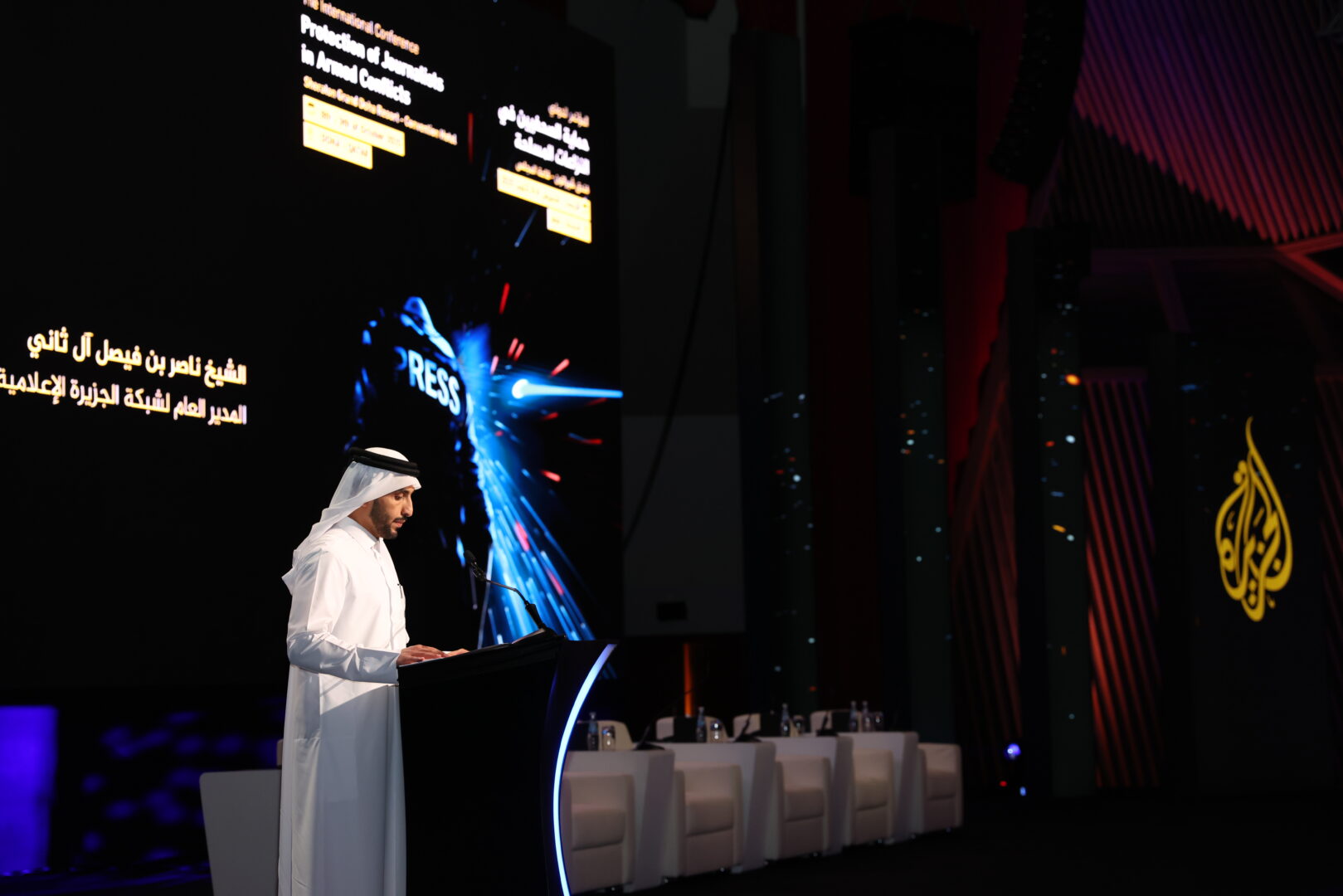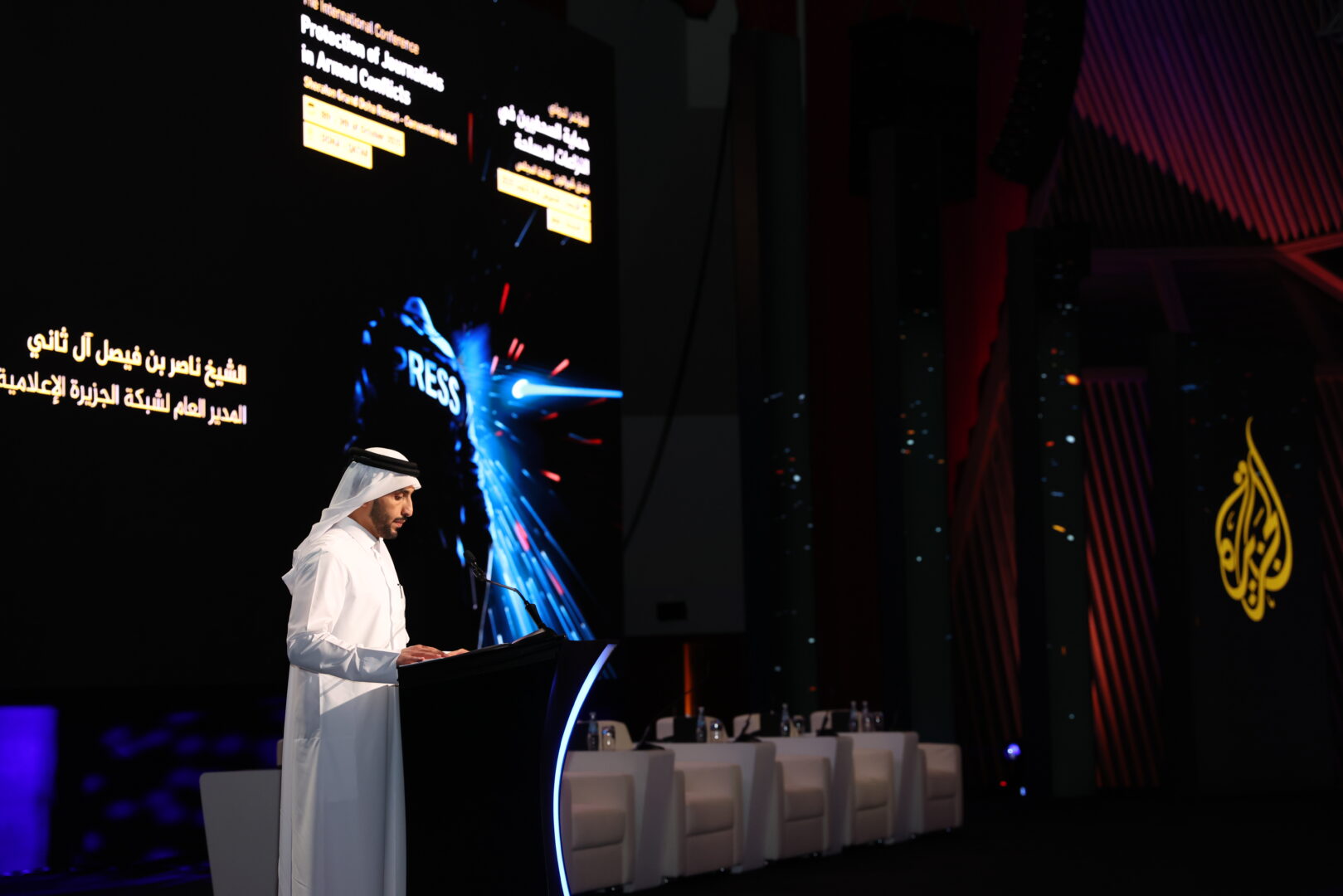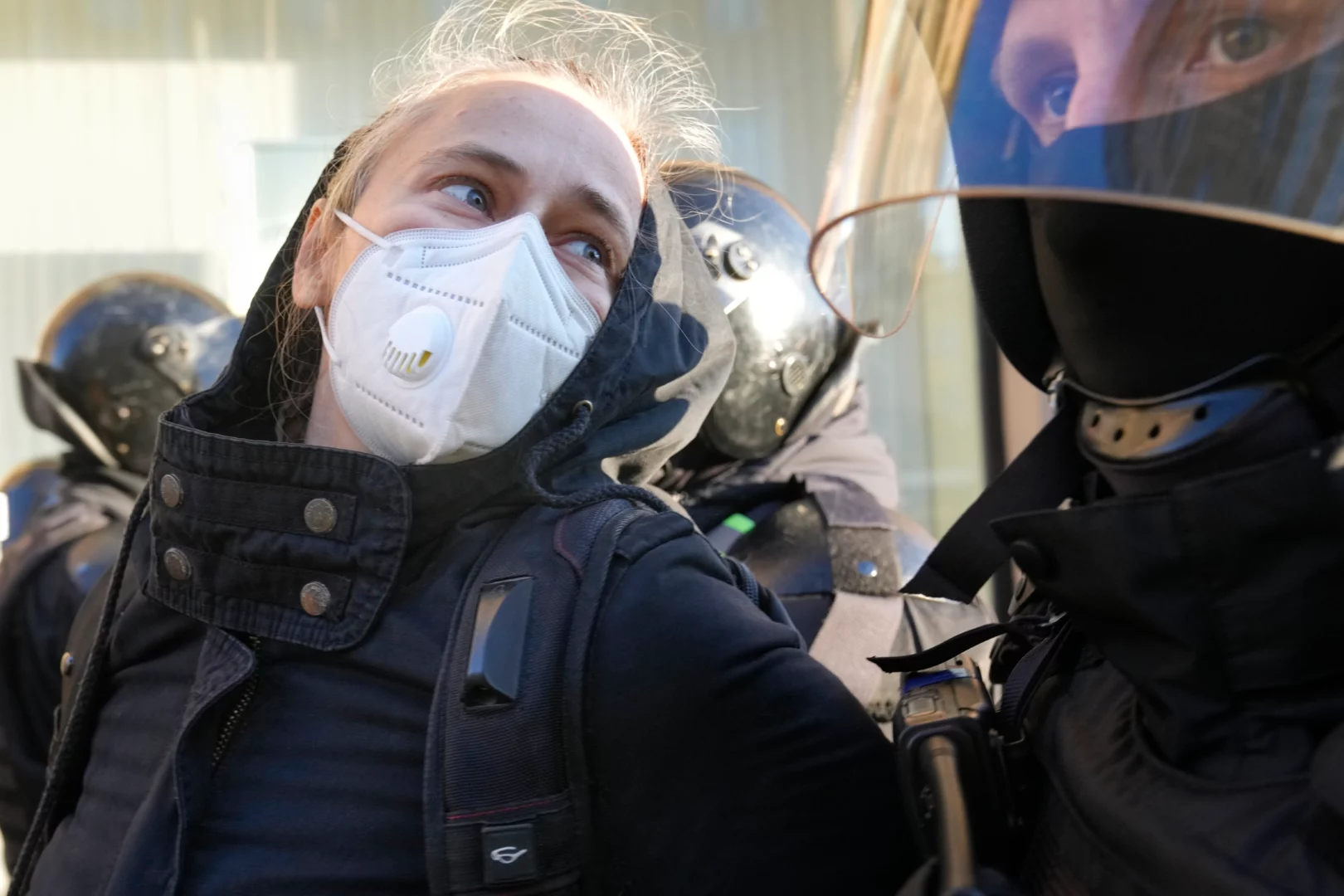World Press Freedom Day

A free and independent press is the cornerstone of any resilient society.
In an era defined by escalating conflicts, climate disruptions, widening societal rifts, and an ever-evolving digital landscape, the need for a free press is more urgent than ever.
The media play a vital role in helping us understand the world around us, nurturing critical thinking, and fostering informed dialogue.
Photographers and video journalists expose the harsh realities of war and the devastation caused by the climate crisis, revealing how it is already destroying lives.
Investigative journalists uncover the hidden truths behind events—large and small—shedding light on abuses of power, corruption, and other criminal activities.
Free and independent media represent our best defence against the spread of disinformation.
Governments and political leaders are charged with the responsibility to protect these freedoms.
Yet, they are failing in this duty.
Press freedom is under increasing threat across the globe.
States routinely harass, detain, torture, and even kill media workers, merely for doing their jobs.
In some conflict zones, opposing parties actively restrict or deny journalists access to vital areas.
This year alone, at least 20 journalists have been killed, and the impunity surrounding crimes against journalists remains widespread. More than 80% of killings go unpunished.
On this World Press Freedom Day, we are reminded that media restrictions are on the rise, as artificial intelligence reshapes the production, distribution, and consumption of information.
While AI offers valuable tools for journalists, it also poses significant risks to press freedom.
AI-driven algorithms increasingly determine what information we see, subtly shaping our opinions and perceptions of reality.
Politicians have weaponised AI to manipulate disinformation for political gain.
Governments are employing AI technologies to monitor journalists and their sources online, infringing upon their privacy rights and creating a chilling effect that stifles free expression and investigative reporting.
Female journalists, in particular, are disproportionately targeted.
Moreover, a small handful of corporations and individuals hold unparalleled control over AI technologies, exerting immense influence over the global media landscape. With a single click, they can amplify their own views and silence dissenting voices.
World Press Freedom Day serves as a call to action, urging us all to make an urgent, collective commitment to change direction.
This begins with governments.
States must ensure that journalists are protected from physical and legal harassment, surveillance, and hate campaigns.
In regulating AI, governments must consider its impact on human rights. Transparency must be a priority—especially concerning the ways in which data is collected, content is curated, and algorithms are designed.
Media concentration laws must be revised to reflect the power wielded by AI and tech platforms, ensuring a diverse and independent media environment that safeguards the space for journalism.
Tech companies, too, bear a significant responsibility. Together with UNESCO, we are introducing guidance to help these companies assess the risks their tools pose to journalists and other critical voices.
A free, independent, and diverse media is essential in healing the divisions that plague our societies.
We must do everything within our power to protect it and create an environment where it can flourish.
United Nations High Commissioner for Human Rights



